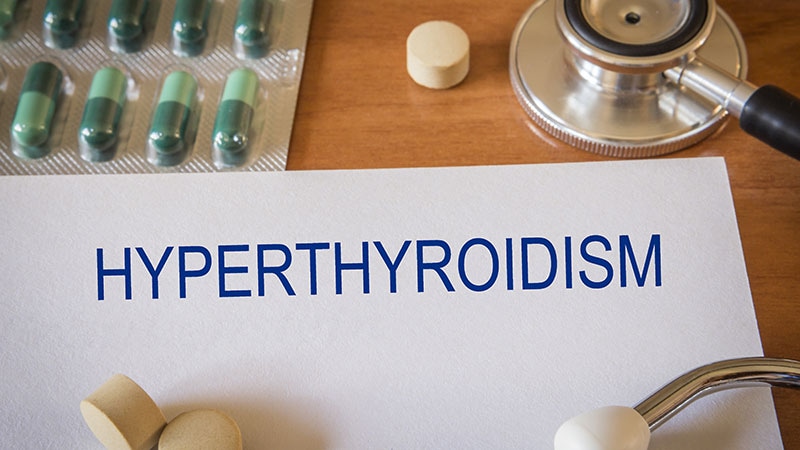Takeaway
- Beta-blockers following acute myocardial infarction (AMI; suspected or diagnosed) are tied to reduced short-term reinfarction risk and reduced long-term mortality risk.
- This Cochrane review found little effect on short-term post-AMI mortality risk, however.
Why this matters
- Results from previous meta-analyses have been mixed on harms, neutral effects, and benefits.
- This review is the first to follow the Cochrane process to review the evidence.
Key results
- Bias risk was high in all but 1 of the trials.
- Quality of evidence spanned the spectrum.
- In short-term (<3 months) follow-up with beta-blockers vs placebo/nothing:
- Reinfarction risk was reduced: risk ratio (RR), 0.82 (98% CI, 0.73-0.91; moderate-quality evidence).
- Mortality risk (RRs) was unchanged:
- All-cause: 0.94 (97.5% CI, 0.90-1.00; high-quality evidence).
- Cardiovascular: 0.99 (95% CI, 0.91-1.08; moderate-quality evidence).
- In the long term, risk (RRs) with beta-blockers:
- Mortality:
- All-cause: 0.93 (97.5% CI, 0.86-0.99; moderate-quality evidence).
- Cardiovascular: 0.90 (98% CI, 0.83-0.98; moderate-quality evidence).
- Mortality:
Study design
- Meta-analysis of 63 trials with 85,550 participants (mean age, 57.4 years).
- Funding: National Institute for Health Research, UK; others.
Limitations
- High bias risk in most included trials.
References
References



